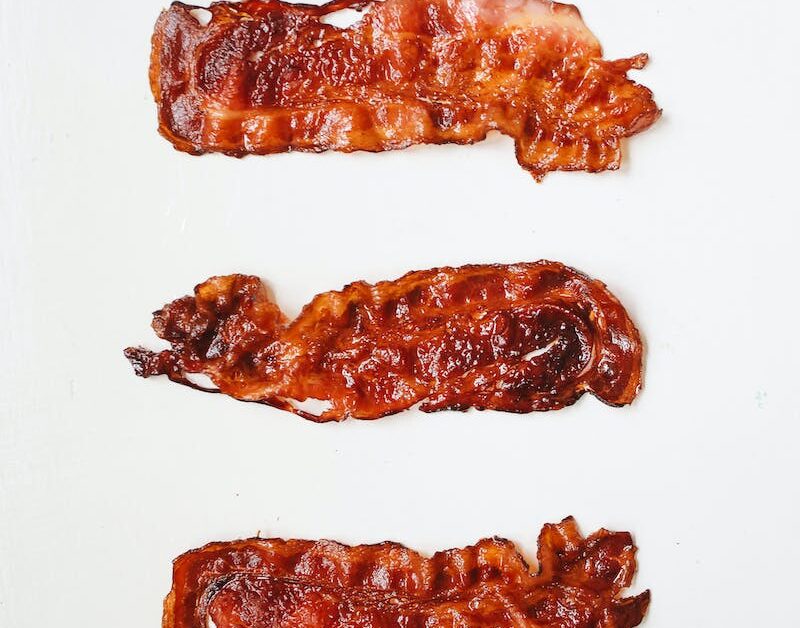Is Vitamin D in Breakfast Cereals Keto?
Breakfast cereals are a popular choice for many people looking for a quick and convenient morning meal. However, for those following a ketogenic diet, the carbohydrate content of most cereals can be a concern. One specific ingredient that often raises questions is vitamin D. In this article, we will explore whether vitamin D in breakfast cereals is keto-friendly and provide valuable insights for those following a ketogenic lifestyle.
The Ketogenic Diet: A Brief Overview
The ketogenic diet, commonly known as the keto diet, is a low-carbohydrate, high-fat diet that has gained popularity in recent years. It focuses on drastically reducing carbohydrate intake and replacing it with healthy fats. The goal is to shift the body into a state of ketosis, where it primarily burns fat for fuel instead of carbohydrates.
The Importance of Vitamin D
Vitamin D is an essential nutrient that plays a crucial role in various bodily functions. It helps regulate calcium and phosphorus absorption, supports immune function, and promotes bone health. Additionally, vitamin D has been linked to improved mood, reduced risk of certain diseases, and enhanced overall well-being.
Vitamin D Sources
While the body can produce vitamin D through exposure to sunlight, it can also be obtained from dietary sources. Some natural food sources of vitamin D include fatty fish like salmon and mackerel, egg yolks, and certain types of mushrooms. However, it can be challenging to meet the recommended daily intake of vitamin D through diet alone, especially for individuals with limited sun exposure.
Vitamin D Fortification in Breakfast Cereals
To address the widespread deficiency of vitamin D, many food manufacturers fortify their products with this essential nutrient. Breakfast cereals are one such example. Fortification involves adding specific vitamins and minerals to a food product to enhance its nutritional value. In the case of breakfast cereals, vitamin D is often added to provide consumers with an additional source of this vital nutrient.
Keto-Friendly Breakfast Cereals
While most traditional breakfast cereals are high in carbohydrates and not suitable for a ketogenic diet, there are keto-friendly alternatives available in the market. These cereals are specifically formulated to be low in carbohydrates and high in healthy fats, making them compatible with the principles of the keto diet.
- Almond-based cereals: These cereals are made primarily from almond flour or almond meal, which are low in carbohydrates and high in healthy fats. They often contain added vitamins and minerals, including vitamin D.
- Coconut-based cereals: Cereals made from coconut flour or shredded coconut are another keto-friendly option. They are low in carbohydrates and provide a good source of healthy fats.
- Seed-based cereals: Some cereals are made from a combination of seeds like flaxseeds, chia seeds, and hemp seeds. These cereals are rich in fiber, healthy fats, and essential nutrients, including vitamin D.
Considerations for Vitamin D in Breakfast Cereals
While vitamin D fortification in breakfast cereals can be beneficial for individuals who struggle to meet their daily requirements, there are a few considerations to keep in mind:
- Carbohydrate content: Even if a breakfast cereal is fortified with vitamin D, it is essential to check the carbohydrate content. Some fortified cereals may still contain a significant amount of carbohydrates, which can hinder ketosis.
- Individual needs: The recommended daily intake of vitamin D varies depending on factors such as age, sex, and overall health. It is important to consider individual needs and consult with a healthcare professional to determine the appropriate vitamin D intake.
- Supplementation: If meeting the recommended daily intake of vitamin D through diet alone is challenging, supplementation may be necessary. A healthcare professional can provide guidance on the appropriate dosage and form of vitamin D supplementation.
In conclusion, while most traditional breakfast cereals are not suitable for a ketogenic diet due to their high carbohydrate content, there are keto-friendly alternatives available. These cereals often contain added vitamins and minerals, including vitamin D. However, it is important to consider the carbohydrate content, individual needs, and potential supplementation to ensure adequate vitamin D intake while following a ketogenic lifestyle.
